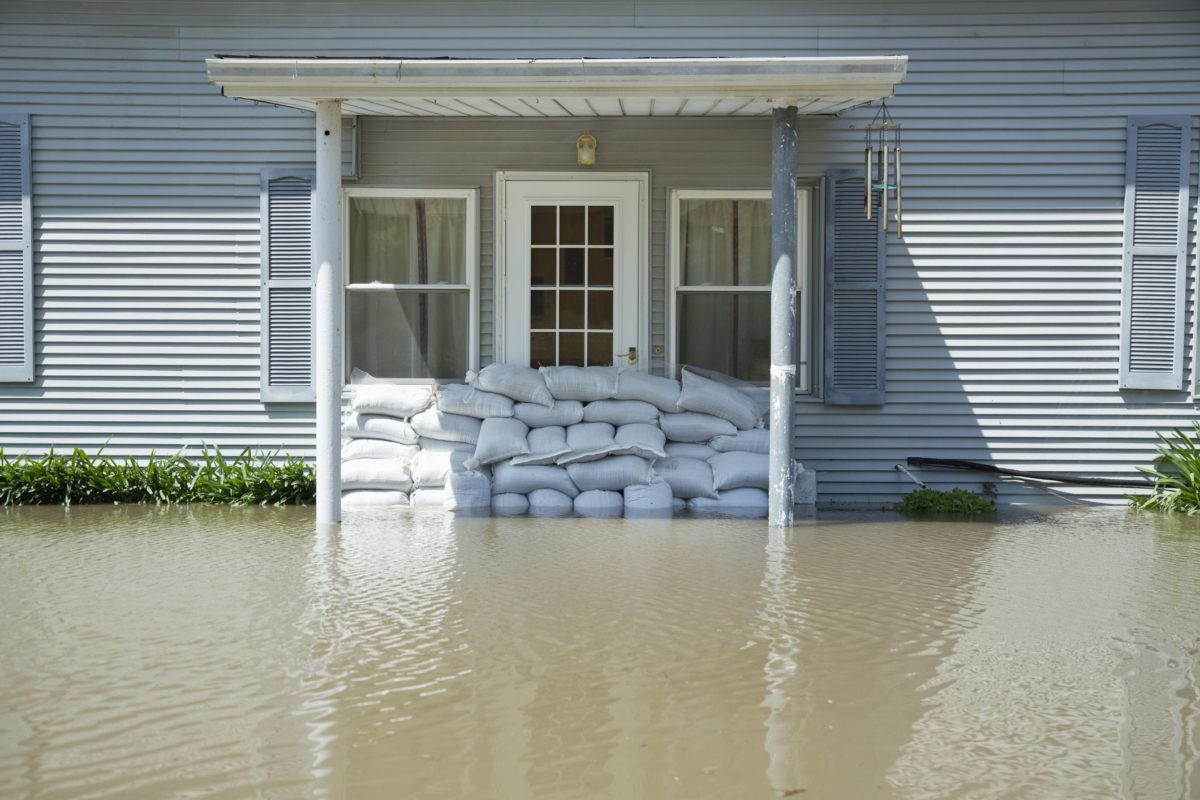Thousands of people were left homeless by Hurricane Michael last year.
If they didn’t have additional living expenses coverage, you can bet they wish they did.
If you are unsure of what your homeowners’ insurance policy covers, it’s best to speak to your agent and hash out your coverage before the next disaster.
Additional living expenses or ALE will cover you if you are displaced after your home is destroyed or left uninhabitable by a disaster. Let’s take a look at what you need to know.
What is Additional Living Expenses Coverage?
ALE insurance…what is it? What additional expenses does it cover? Is hurricane ALE something different?
ALE by Definition
It is an insurance that comes with a homeowners’ plan, renters’ insurance or condo owners’ insurance.
With ALE, you will be compensated for your living expenses while your damaged home is being repaired due to covered losses.
ALE coverage allows you to live in the manner to which you are accustomed, meaning a house that is comparable in size and quality to your own home.
What are the Limits?
For most policies, additional living expenses are 20% of the home’s coverage.
If your homeowners’ policy is for $300,000, you’ll have $60,000 to spend on living arrangements while the home is being repaired.
The time limit is 12 months in most states, 24 months in California. Budget your money wisely because it disappears when the time is up.
Keep Track of All Expenses
Besides your rent, additional living expenses can include:
- mileage for extra travel due to living further away
- eating out while staying in a hotel
- laundry if you have to use the laundromat
- storage for anything that can’t stay at the home while rebuilding
- pet boarding
- furniture rental
- increased utility costs
Save all of your receipts. The insurance company doesn’t just hand over a large sum of money.
In order to be reimbursed, you must be able to produce and submit evidence of your expenditures.
Document Contact with the Insurance Company
When speaking to a representative from the insurance company, be sure to document with whom you spoke, the date, the time and the discussion.
Things to Remember
The term is additional living expenses. You cannot claim groceries or restaurant meals if they have not increased from your normal expenditures.
Be able to provide proof of your regular expenses in case it needs to be used in comparison to the expenses incurred following a natural disaster.
If you are unsure about a certain expense, contact the insurance company to find out whether or not it’s covered.
Understanding ALE
Now that you know all you should about additional living expenses, it’s a good idea to check your policy and know your limits in case you need to use it someday.
Contact us if you’d like to schedule a consultation. We’re here to assist you when a natural disaster strikes.
Another time an analysis takes place is during the process of dealing with a contested claim. Sometimes the wording in a policy requires an expert eye to look it over.
Navigating Your Insurance Policy
An insurance policy is a type of contract which defines the requirements of both participating parties. While going through the claims process and during an analysis, it’s essential to understand the layout of your policy. This way, you can find the information you need.
Standard Policy Format
A standard policy will contain the following sections:
- Declarations Page
- Insuring Agreement
- Covered Property
- Covered Perils
- Exclusions
- Definitions
- Conditions
- Endorsements
The covered property, covered perils, and exclusion sections include essential details related to claims.
Often Overlooked Items
A thorough review takes into account your specific situation and finds covered losses besides those directly related to business operations. You’ll want to ensure that all costs get counted. Some items often missed are:
- Labor Costs
- Debris Removal Fees
- Mitigation Fees
Some knowledge of insurance-related regulations is vital for getting as many losses covered as possible.
Calling in the Experts
Sometimes you’ll need an expert to substantiate a claim. For example:
- A geologist for an environmental-based claim.
- Contacting an advertising expert for losses due to marketing campaigns.
- A healthcare industry expert called in for a medical device case.
In these situations, consider utilizing a witnessing service. We have experts from a variety of fields that they work with.
Should You File a Claim?
It seems natural to want to file a claim for business damages. But, there are certain situations when you might not want to. Things like how many claims you’ve already filed in the past and your deductible amounts are deciding factors.
Reasons for filing include:
- The damage is so extensive that your business cannot survive without filing a claim.
- You need to file a liability claim.
- You have a low deductible.
On the other hand, here are some reasons for not filing:
- Your deductible is higher than the amount needed to cover damages.
- Filing a claim will increase your insurance premiums.
- You don’t want a particular claim on your policyholder’s record.
- It’s water damage. Some insurance providers will drop you after filing a water damage claim because they can lead to mold issues.
- The damages are due to maintenance negligence; these types usually get rejected.
Insurance companies each have different policyholder rules. Know what yours are so you can make an educated decision on whether to make a claim or not.
What’s the Bottom Line?
Once you’ve weighed the options and have decided to pursue a business insurance claim, make sure that:
- You know precisely what your policy covers.
- How to take the right steps to recover everything you’re entitled to.
Consider enlisting the help of a professional if the process seems too daunting. Filing a business claim is something that you want to get right.
Need advice on a coverage analysis? Contact us, we’re here to help.


